ENVISION UNLIMITED RSETTINGS ULE MEMBER HANDBOOK
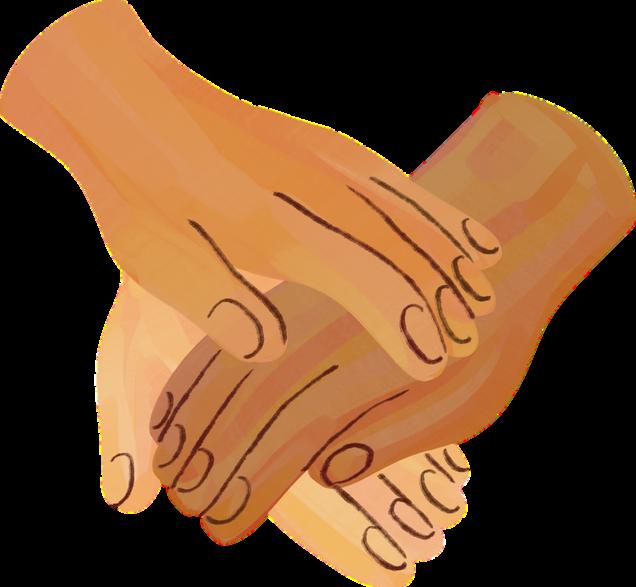


Participants at Envision can go wherever they want to go, do what they want to do, and hang with the whoever they want to hang out with in the community. We want to be part of the community.
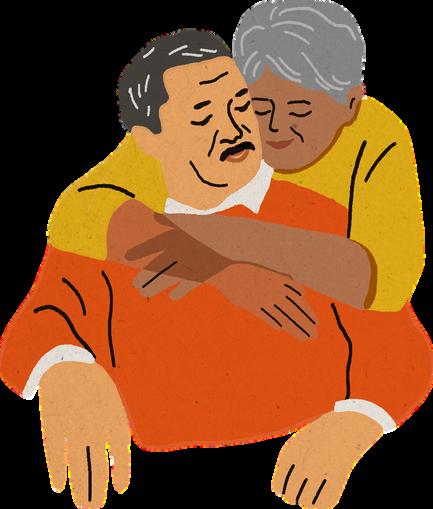
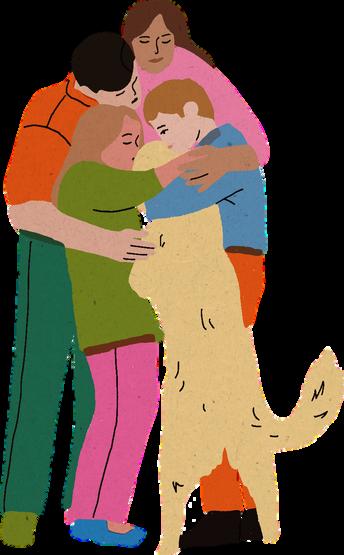

We interact with other people outside our day program.












We take care of our own personal property, money, food, and transportation.
We can use services like everyone else. "Services" means my link card, doctor, therapist, etc. If it’s hard for us to access something as easily as someone else without disability services (like go grocery shopping), our staff will help us do those things to make it as easy and accessible as it is for anyone else.




We can have privacy in our room, the bathroom, on phone calls, our Facebook, to our diary, and to our file.

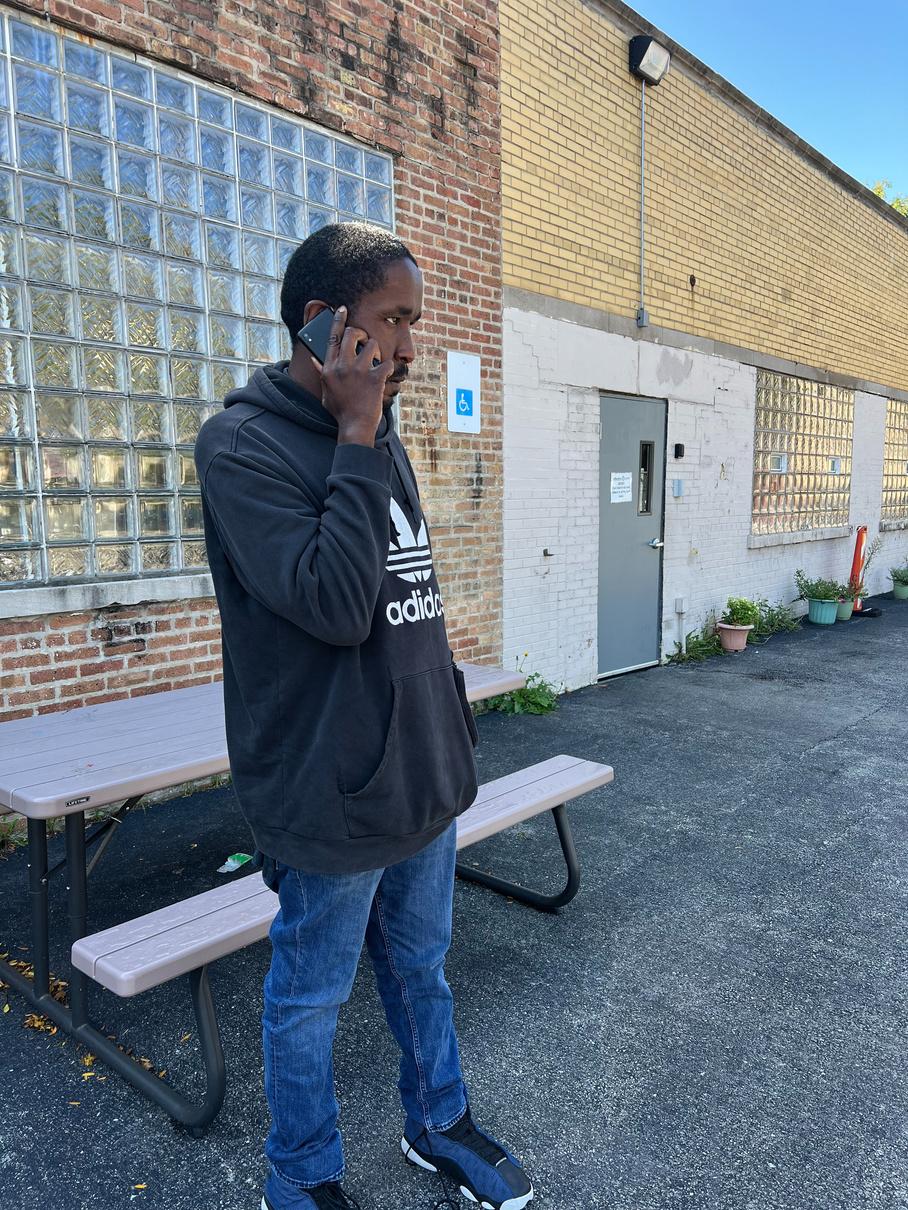
We should be talked to in a gentle and calm voice. Staff shouldn’t holler at us. People should have a good attitude. Don’t call anybody names, no cussing at people, no teasing.

We have the right to go out and do what we want to do. No restrictions. We have the right to say “no” to stuff you don’t want to do, and to say “yes” to stuff you do want to do.



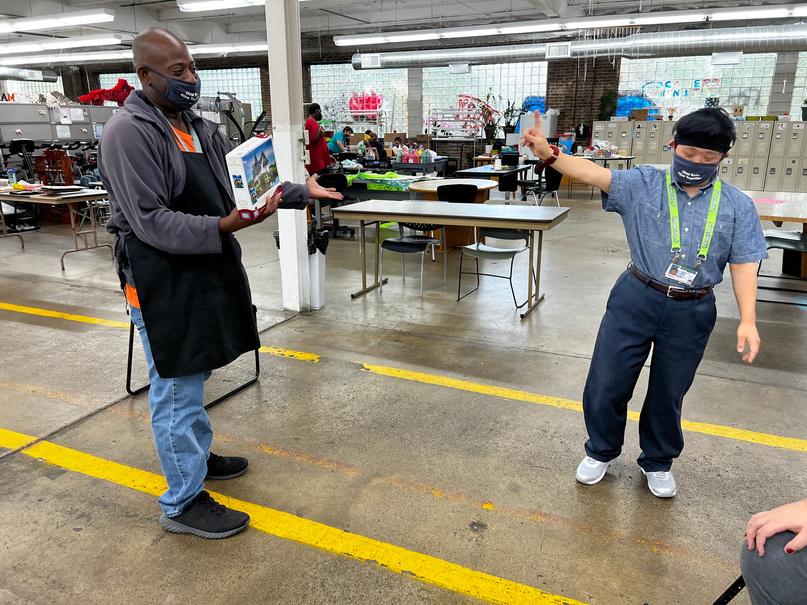
Doyouwantto doapuzzle withme?
Doyouwantto doapuzzle withme?
No! Yes!


We’ll be wherever we want to be, when we want to be. I have the right to freedom at the program. We can work if we want to work. We don’t have to do things we’re not interested in. We can do the things we want to do, when we want to do it. We can sit where we want to sit.
William is enjoying his artwork. Lillian is doing her nails. They decided to sit together. They’re doing different activities with no problems.

We have the right to choose our own staff.

"Irene was a new case manager and I got to know her. And she was a very good staff. So then I asked if I could trade my case manager and make Irene my staff. Staff respected my decision and changed my case manager to Irene because she was the best staff for me."
-William Haywood
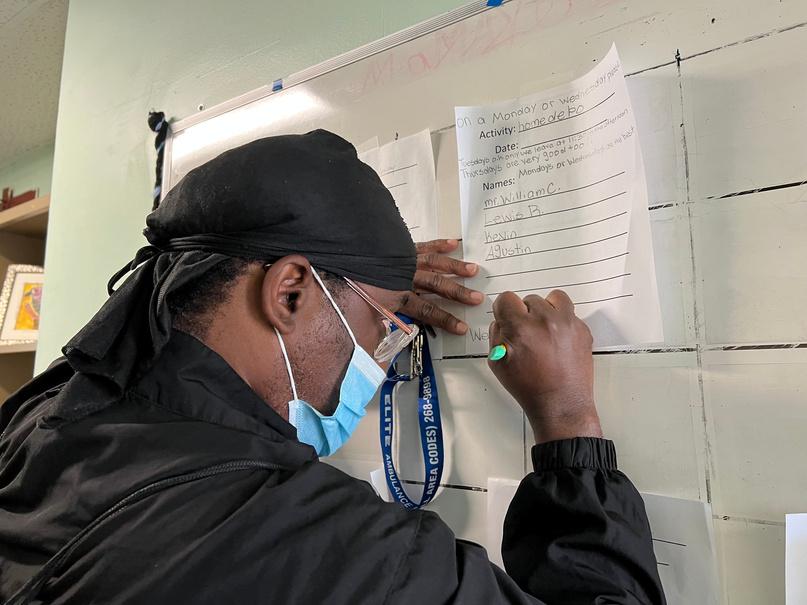
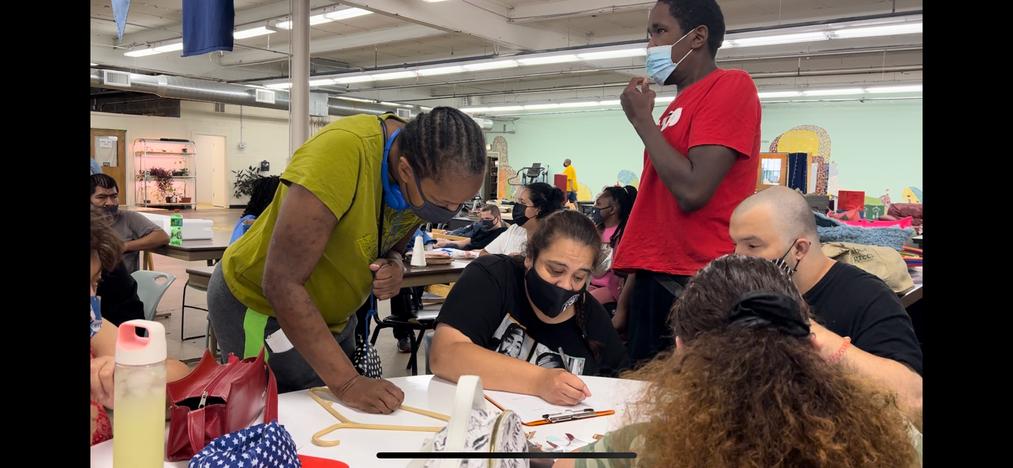


We eat when we want to eat. We can order out for lunch or go out for lunch. We have snacks we can eat.



Westtown snacks



We can have visitors at our house whenever we want to. Our visitor can leave whenever we choose.





We choose our own transportation.



We have to be able to get to our program (by walking, PACE, bus, taxi, etc.)
Residential programs will help people to go outside, on outings, and on trips in the community.
We can be the owners or renters of where we live. We have our own area/room.
My room. We can have our own privacy in our own space. We can close the door. People have to knock to get in. We want privacy for ourselves where we aren’t disturbed.
“My case manager Timothy gave me a house key last Friday. I told them I needed the key for the house and it was my right, and he gave it to me. My Westtown staff told me in the Settings Rule class that we should have a key. What happens if there’s nobody in the house? I can let myself in with the key.”

We can have our own keys to the front and back doors so we can come in and out whenever we want to.
-William Haywood
I get to pick a roommate. I can pick certain people I know if I want to share a room.
We can decorate our bedrooms. We can paint it. We can pick out furniture like a bedroom set, dresser, and nightstand. We can fix it the way we want.
If we need to add or change something in our home (like banisters, bars in the bathroom, walk-in showers, accessible sinks, ramps, railings for the bed, and wheelchair lifts), you need to put that in your file.
1.
Write down what we personally need.
Example: a more accessible shower, like a walk-in shower
2. Write down everything we tried to do first.
Example: getting my sister or somebody else to help me get in and out of the shower/tub
3. Write down why it did not work
Example: My sister is not always there, so I don’t know what to do
4. Write down how the change will help you
Example: If I had a walk-in shower, I could get in and out of my shower by myself, without hurting my knees
5. Write down how it’s going and how it’s helping me
6. Check the change every so often to see if we still need it or can get rid of it.
7. You need to ask me and I need to say “yes” to any changes. You need my permission.
8. The changes in my home must be safe for me (and my loved ones).
This handbook was written and designed by: Ernest Rowe, Ruth Marin, Lucy Patton, Kassandra Murry, William Claiborne, Clonita Butler, Timothy Jackson, Yolanda Brown, Nikko
Torre, and William Haywood
